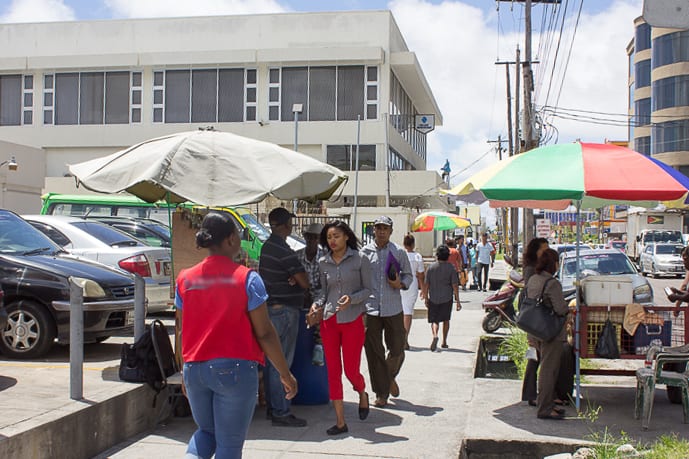The main economic impact of the oil sector on Guyana is expected to take place through oil revenues, which offer an opportunity to expand public investment in both human and physical capital, lifting key constraints to inclusive growth. So says the World Bank in its appraisal of a US$20M loan to Guyana for capacity building in oil and gas.
“The O&G sector is also expected to impact the economy through the sector’s demand for services and infrastructure, job creation, and the potential provision of cheaper and cleaner electricity – if Guyana’s new-found natural gas resources replace the costly, CO2 heavy and highly polluting Heavy Fuel Oil (HFO) in power generation,” the financial institution says.
While the World Bank also pointed out that O&G production is highly capital intensive, generating few permanent direct jobs, it said considering Guyana’s relatively small workforce, the O&G sector could become an important source of employment.
On the issue of the cost for power, the financial institution reminded that the average electricity prices in Guyana are currently among the highest in the world, due to a large extent to the country’s dependence on oil-products based power generation (87 percent of total installed capacity in 2016) and relatively high technical and commercial losses.
The high cost of electricity has been a major hurdle to development in Guyana for decades and if reduced, can pave the way for increased economic activity for the South American country.
The World Bank says as current and forecasted O&G mega-project investments come on-line, Guyana is likely to achieve higher economic growth rates than ever before: growth is expected to accelerate from 2.1 percent in 2017 to 4.8 percent in 2018 in the run-up to the start of oil production in 2020. GDP growth is projected to briefly grow rapidly as new oil fields come into production while Gross National Product (GNP) – which excludes transfers abroad – will accelerate at a lower rate but remain sustainable over time
Putting all systems in place so that the country can maximise benefits from oil revenue and avoid the pitfalls associated with petroleum-generated windfalls have been a major area of concern and focus for government and civil society since oil was first discovered in 2015. Programmes such as the World Bank Funded US$20M initiative to build human resource capacity in the sector would help to enhance Guyana’s ability to prepare for the effective management of oil revenue.
The US$20M project, the agreement for which was signed on Thursday, is expected to support the enhancement of legal and institutional frameworks and the strengthening of the capacity of key institutions to manage the oil and gas sector in Guyana.



